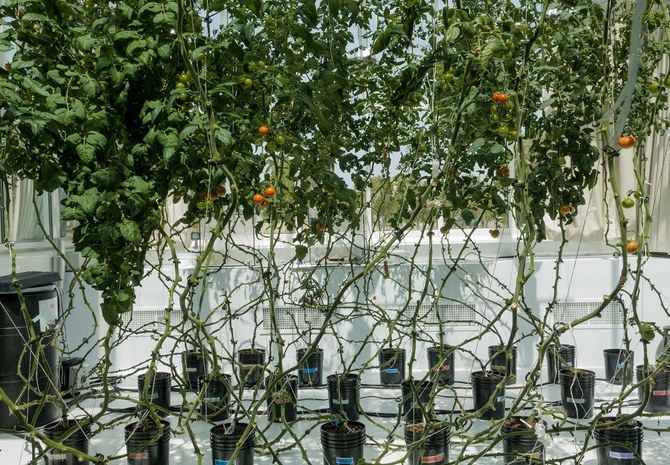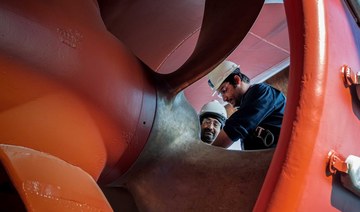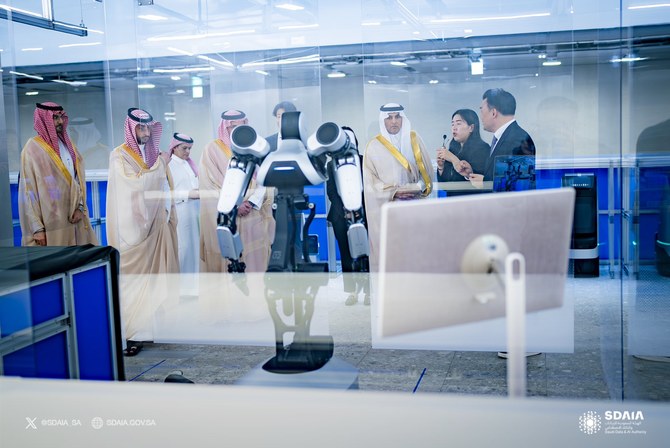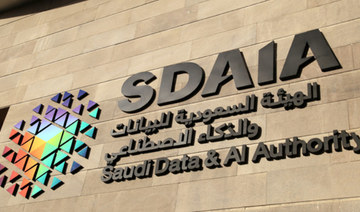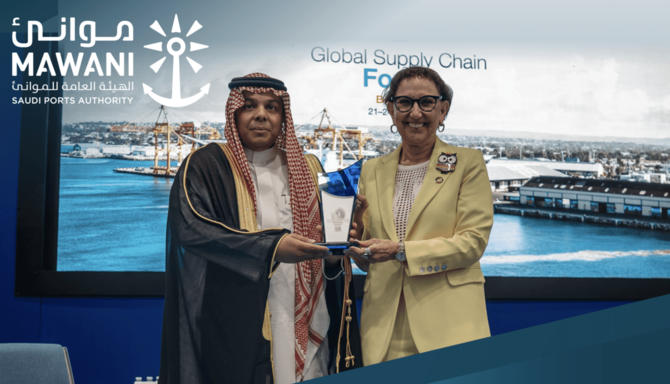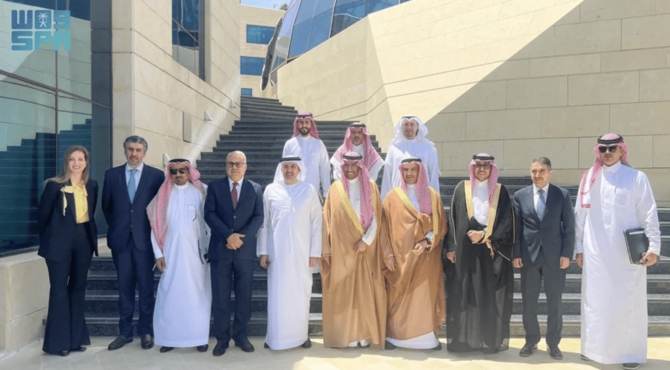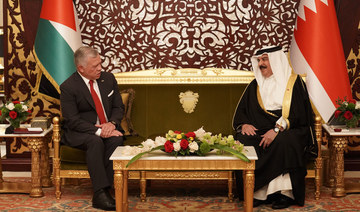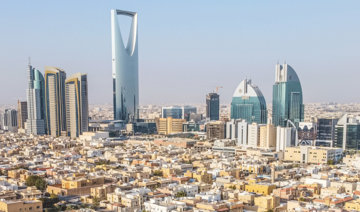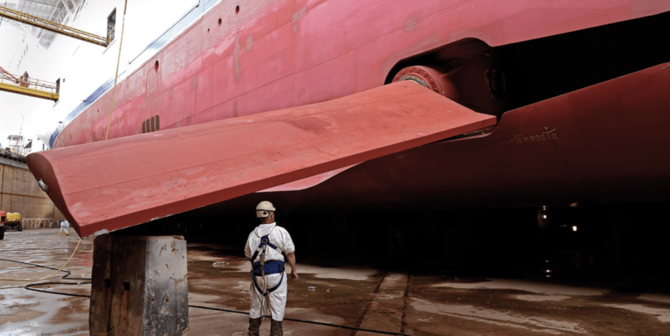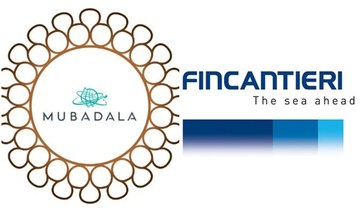RIYADH: Red Sea Farms, a Saudi Arabian agriculture technology (agtech) startup that uses saltwater to grow crops, has attracted $10 million in venture capital.
The investment in the agtech firm, which is based at King Abdullah University for Science and Technology (KAUST), is one of the sector’s biggest investments to date.
The funding is being led by a group of Saudi and UAE investors, including Saudi Aramco’s entrepreneurship arm Wa’ed, the nonprofit Future Investment Initiative Institute, KAUST and Global Ventures, a UAE venture capital group, Red Sea Farms said in an online briefing on Monday.
The company intends to have up to eight farming sites located in central and western Saudi Arabia and in Abu Dhabi, said Ryan Lefers, CEO of Red Sea Farms, adding that the startup was aiming to expand to the UAE by the end of the year.
Lefers believed there was strong demand for organic produce in the Kingdom, with the company looking to launch 15 snack products by the end of 2021, including peppers and cucumbers.
Red Sea Farms currently operates a saltwater pilot greenhouse at KAUST Research and Technology Park. “We are proud to have designed, developed and delivered one of the world’s most sustainable agricultural systems from our base in Saudi Arabia,” Lefers added. “The investment from our new partners will help us improve global food security while reducing the carbon and freshwater footprint.”
Wa’ed managing director, Wassim Basrawi, said: “The Red Sea Farms investment reflects our decade-long commitment to the Saudi startup sector, where Wa’ed has deployed more than $100 million in venture capital investments and loans to more than 100 entrepreneurs. Red Sea Farms is a good example of a game-changing startup whose innovations not only can transform markets but improve life for everyone in the Kingdom.”
The consortium reflects growing investor interest in the Gulf in sustainable farming solutions that can combat pandemics and global supply chain disruption.
Food security was important for Gulf countries even before the onset of the coronavirus pandemic.
Red Sea Farms was established in 2018 with a vision to reduce food insecurity, carbon and freshwater use in the global and Gulf food sectors. Through a patented system of new, more efficient solar and growth monitoring technologies, saltwater replaces freshwater typically used to cool greenhouses and irrigate crops.
The startup’s growing systems can be quickly and easily scaled in climates such as the Gulf region, where conventional farming methods are not possible or cost-effective. It is initially using its technology to grow and sell tomatoes in Saudi Arabia, but ultimately plans to sell entire turn-key growing systems to buyers around the world.
Its tomatoes are grown in an environment-controlled, enclosed farm that primarily uses saltwater to cool greenhouses and irrigate crops. It aims to produce a ton of tomatoes by July, four by September and 10 by the end of the year.
To date, Red Sea Farms has raised $11.9 million. The firm received a $1.9 million investment in 2019 from the KAUST Innovation Fund and the Saudi-based Research Products Development Company.
Organic farming, a method of agricultural production for both plants and animals, depends on the use of natural materials to produce food without the use of chemical fertilizers, pesticides or genetically modified materials derived from them.
The Kingdom in 2018 unveiled its organic farming action plan and has allocated SR750 million ($200 million) to support it.
The plan aims to increase organic production by 300 percent. Its other objectives include providing safe food, and sustainable, highly profitable farming, which will be an important resource for the national economy.




